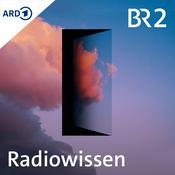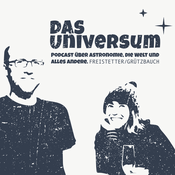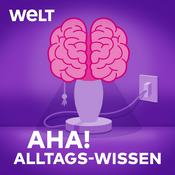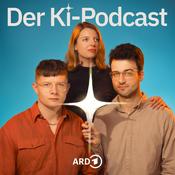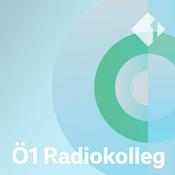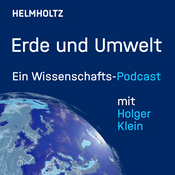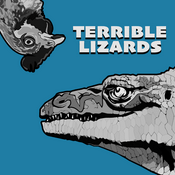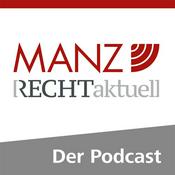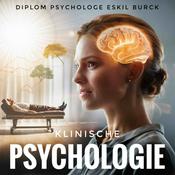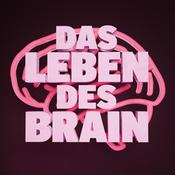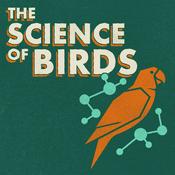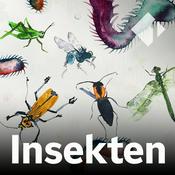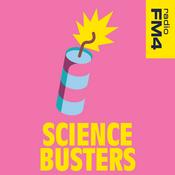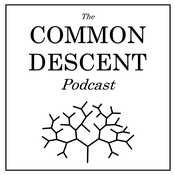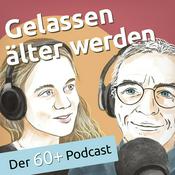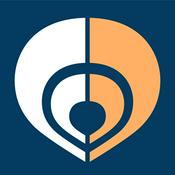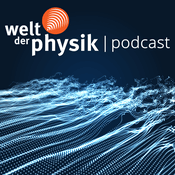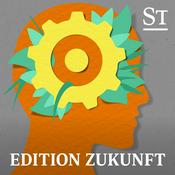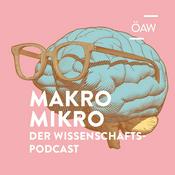74 Episoden
- In this episode of Stimulating Brains, we sit down with Dr. Ludwig Zrinzo, Professor of Functional Neurosurgery at University College London and Head of the Functional Neurosurgery Unit at Queen Square.
Drawing on decades of experience at the forefront of deep brain stimulation, Dr. Zrinzo reflects on the evolution of DBS from awake procedures to image-guided surgery under general anesthesia, emphasizing why precision, verification, and closing the loop are essential for improving patient outcomes.
We discuss how his experience shaped a rigorous, data-driven approach to targeting, why imaging quality remains a very critical factor in DBS accuracy, and how systematic post-operative verification transformed clinical practice. Beyond technique, Dr. Zrinzo shares deeply insightful perspectives on patient selection, mentorship, leadership, and the responsibility of building sustainable teams in academic neurosurgery.
The conversation also ventures into neuropsychiatric DBS, including OCD, where we examine how stimulation in different targets may have differential effects on behavior, illuminating the brain’s underlying circuitry. Finally, we look into the future of adaptive and closed-loop stimulation, emerging electrode technologies, and the future balance between innovation, scalability, and patient-centered care.
Tune in for a thoughtful and wide-ranging conversation on precision, evidence, and humanity in brain stimulation — and on how functional neurosurgery continues to teach us how the brain truly works. #73: Eyal Zadicario – Beyond the Scalpel: Towards an Acoustic Neurosurgical Suite with Insightec
10.11.2025 | 1 Std. 44 Min.In this episode of Stimulating Brains, we sit down with Dr. Eyal Zadicario, Chief Operating Officer at Insightec, to explore the remarkable evolution of focused ultrasound – from its experimental origins to its transformative role in functional neurosurgery today.
Dr. Zadicario shares insights from over two decades at the forefront of innovation, reflecting on the challenges of translating breakthroughs from academia to industry, designing clinician-friendly systems that prioritize the patient experience, and overcoming skepticism toward disruptive technologies.
Together, we revisit key milestones – from the first MRgFUS based thalamotomy in 2008 and early applications in breast cancer, to the expanding frontiers of neuromodulation. Looking ahead, we discuss the exciting possibilities of blood brain barrier opening, the acoustic neurosurgical suite, and even brain mapping through focused sound.
Tune in for a fascinating conversation on how precision acoustics are reshaping the landscape of brain therapy and beyond.#72: John Rolston — Closed-Loop Stimulation, Seizure Dynamics, and the New Frontiers of Epilepsy Treatment
01.8.2025 | 1 Std. 22 Min.Today, we had the privilege of speaking with Dr. John Rolston, a leading voice at the intersection of neurosurgery, epilepsy, and brain stimulation.
Dr. Rolston is an Associate Professor of Neurosurgery at Harvard Medical School and the Director of Epilepsy Surgery at Brigham and Women’s Hospital. His pioneering work bridges clinical neurosurgery and computational neuroscience, focusing on how electrical stimulation can modulate dysfunctional brain networks to treat epilepsy, movement disorders, and disorders of consciousness.
In this episode, we explored the complexities of neuromodulation—what makes stimulation effective, why patient-specific targeting matters, and how brain states influence therapeutic outcomes. Dr. Rolston also shared his lab’s work on traveling waves in the brain and how these insights are transforming seizure localization and surgical decision-making. From closed-loop stimulation to stem cell therapy for Parkinson’s disease, Dr. Rolston walks us through the evolving landscape of functional neurosurgery and its future.#71: Harold Sackeim - The founding editor of Brain Stimulation and a founding figure in modern electroconvulsive therapy
24.4.2025 | 2 Std. 1 Min.Today we had the privilege of speaking with a true pioneer in the field of neuropsychiatry and brain stimulation— Dr. Harold Sackeim.
Dr. Sackeim is perhaps best known for his extensive research on electroconvulsive therapy (ECT), but his contributions span a wide range of topics from treatment-resistant depression to the placebo effect in neurostimulation. As a founding figure in modern ECT research, he has played a central role in shaping both the science and the clinical practice of brain stimulation therapies.
In this episode, we explored the history and future of ECT, the controversies surrounding it, and Dr. Sackeim’s insights on the direction of neuromodulation. He explains how ECT has long been the most effective treatment for severe, treatment-resistant depression. While once overlooked in favor of medication, we now know that both the placement and intensity of stimulation are key—challenging the old belief that seizures alone drive its effects.#70: Rees Cosgrove – When Neurosurgery Chooses You: Rediscovering the Lost Art of Lesions and the Future of Brain Stimulation
22.4.2025 | 1 Std. 50 Min.In this episode, we journey through the remarkable career of Dr. Rees Cosgrove—a trailblazer in functional neurosurgery, Director of Epilepsy and Functional Neurosurgery at Brigham and Women’s Hospital, and Professor of Neurosurgery at Harvard Medical School.
Dr. Cosgrove reflects on his formative years training in the very halls that were roamed by legends such as Wilder Penfield at the Montreal Neurological Institute, and takes us through pivotal chapters of his career leading programs at Massachusetts General Hospital, Brown University, and now the Brigham. With a repertoire that spans from the golden era of ablative neurosurgery to modern deep brain stimulation and MR-guided focused ultrasound—where he has performed over 600 sonications—Dr. Cosgrove provides a unique perspective on how the field has transformed over the past several decades.
Throughout the conversation, we delve into the history and resurgence of surgical lesions for psychiatric and neurological conditions, the nuances of neuromodulation technologies, and the evolution of imaging that now defines precision in brain surgery. Dr. Cosgrove also shares his views on mentorship, the transmission of surgical wisdom, and how we can preserve the disappearing art of lesioning in an age increasingly dominated by stimulation.
Whether you're a neurosurgeon, neuroscientist, or simply curious about how we interface with the brain to treat disease, this episode is a rare and insightful look into the mind of one of the field’s most experienced and thoughtful pioneers.
Weitere Wissenschaft Podcasts
Trending Wissenschaft Podcasts
Über Stimulating Brains
Andreas Horn interviews experts in the field of deep brain stimulation, noninvasive neuromodulation, functional brain imaging and neuroanatomy. Join us on our quest to interact with the human brain and thank you for your interest in science!
Andreas Horn, M.D., Ph.D., directs the institute for network stimulation and is a professor for computational neurology at University Cologne.
Podcast-WebsiteHöre Stimulating Brains, Sternengeschichten und viele andere Podcasts aus aller Welt mit der radio.at-App
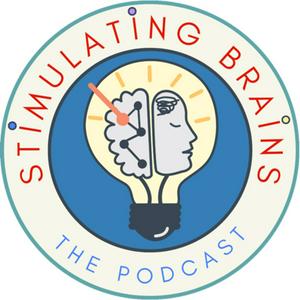
Hol dir die kostenlose radio.at App
- Sender und Podcasts favorisieren
- Streamen via Wifi oder Bluetooth
- Unterstützt Carplay & Android Auto
- viele weitere App Funktionen
Hol dir die kostenlose radio.at App
- Sender und Podcasts favorisieren
- Streamen via Wifi oder Bluetooth
- Unterstützt Carplay & Android Auto
- viele weitere App Funktionen


Stimulating Brains
Code scannen,
App laden,
loshören.
App laden,
loshören.


